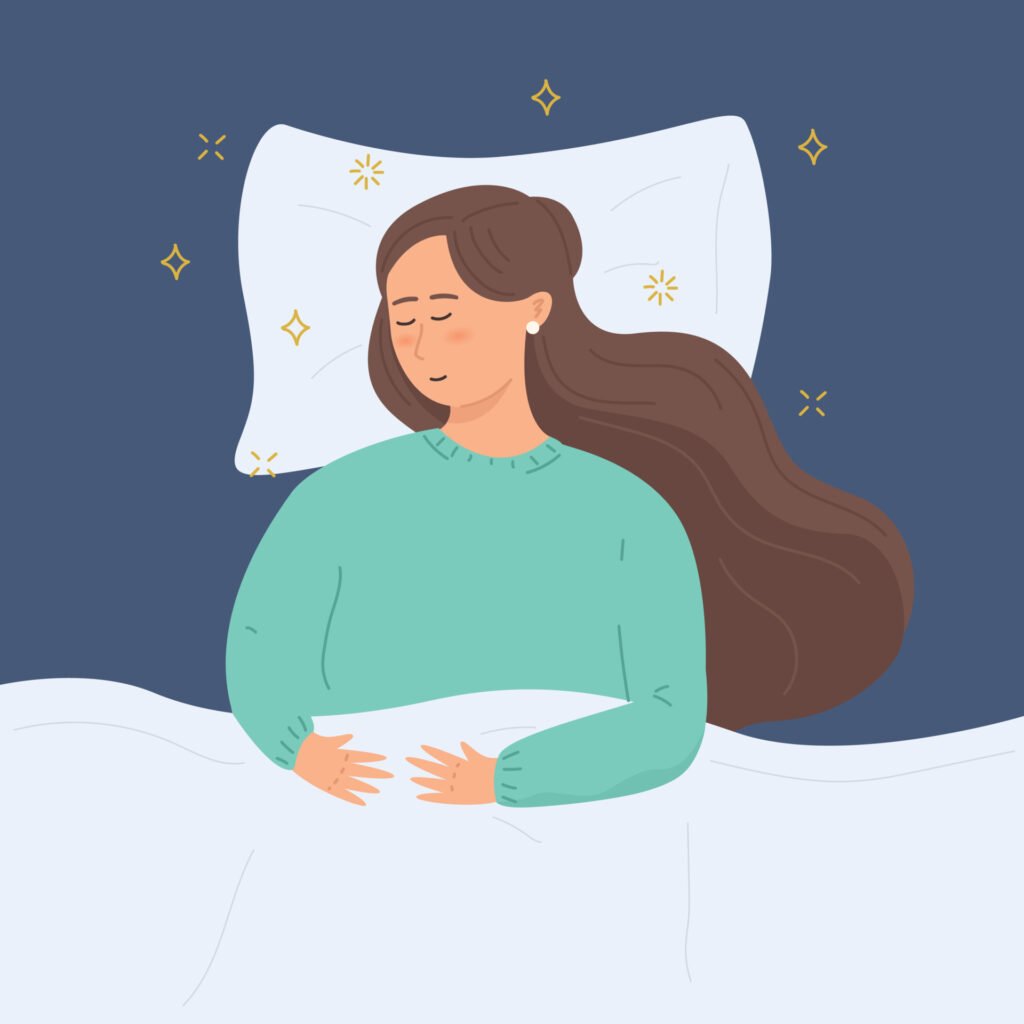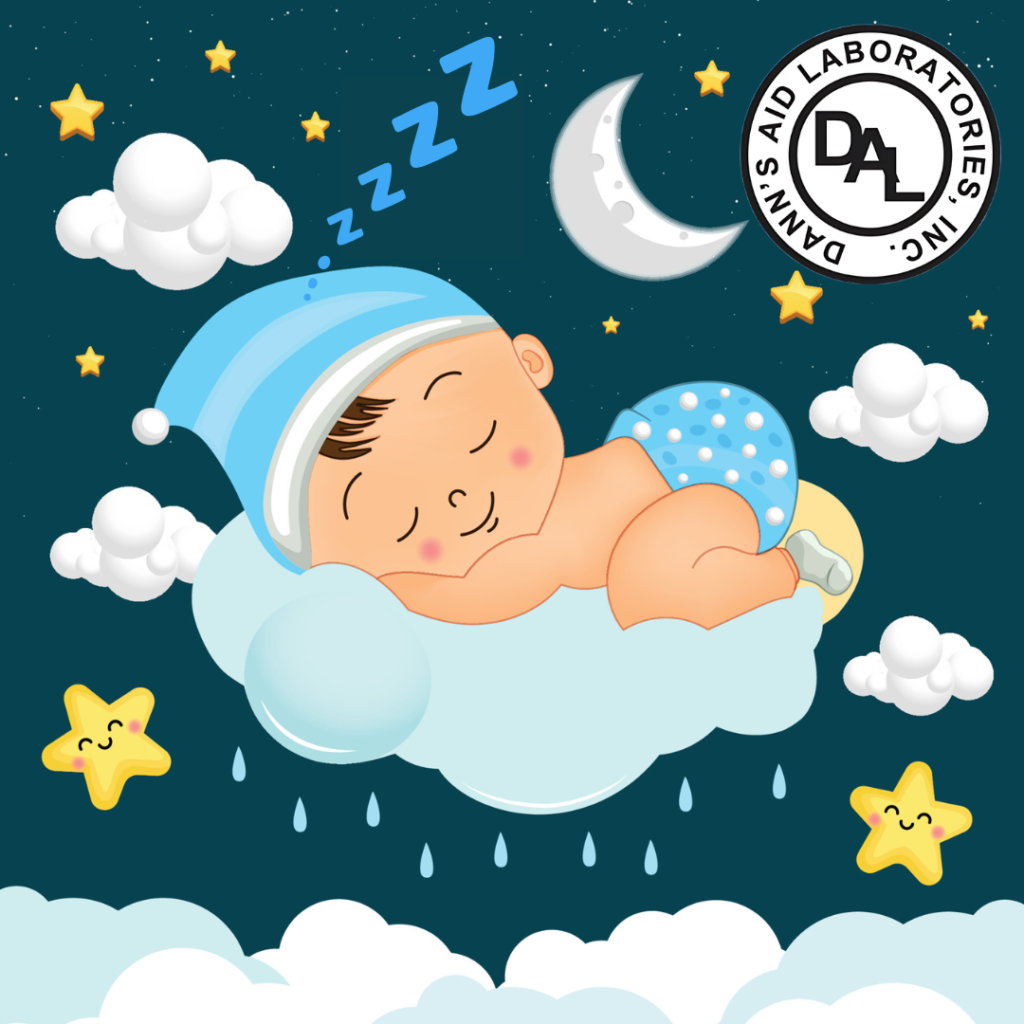In today’s fast-paced world, sleep is often the first thing we sacrifice in favor of productivity, entertainment, or simply more hours in the day. Yet, quality sleep is one of the most essential components of maintaining good mental and physical health. Despite its importance, millions of people struggle to get enough restful sleep on a consistent basis. Understanding how sleep impacts the body and mind can motivate us to prioritize it—and improve our overall well-being in the process.
Why Sleep Matters
Sleep is far more than just rest; it is a critical period of recovery, regulation, and reinforcement for nearly every system in the body. When we sleep, our brain consolidates memories, processes emotions, and clears out waste products. Our bodies repair tissues, regulate hormones, and support immune function.
The average adult needs about 7–9 hours of sleep each night, yet surveys show that a significant portion of the population regularly gets less than that. Chronic sleep deprivation has been linked to a wide range of health problems, including depression, obesity, heart disease, and diabetes. But even short-term sleep loss can impact focus, mood, decision-making, and overall performance.
Mental Health and Sleep
The relationship between sleep and mental health is deeply interconnected. Poor sleep can contribute to the development and severity of mental health disorders, while mental health issues can, in turn, make it harder to sleep well.
Mood and Emotional Regulation: Sleep plays a vital role in regulating mood. When we’re sleep-deprived, we’re more likely to feel irritable, anxious, or emotionally reactive. Studies show that even partial sleep deprivation can lead to increased emotional sensitivity and reduced ability to cope with stress.
Cognitive Function: Sleep affects our ability to concentrate, remember information, and make sound decisions. During deep stages of sleep, the brain strengthens neural connections that form memories, making sleep essential for learning and retention.
Mental Health Disorders: Insomnia and other sleep disturbances are common in people with depression, anxiety, bipolar disorder, and PTSD. In some cases, sleep issues precede the development of these conditions, suggesting that improving sleep could be a protective factor.
Physical Health and Sleep
The body uses sleep as a time for maintenance and repair. Skimping on sleep can undermine physical health in many subtle and not-so-subtle ways.
Immune System Support: Sleep boosts immune function, helping the body fight off infections. People who don’t get enough sleep are more likely to catch colds and recover more slowly from illnesses.
Weight and Metabolism: Lack of sleep affects the hormones that regulate hunger (ghrelin and leptin), making us more prone to overeating. It also impairs insulin sensitivity, increasing the risk of type 2 diabetes.
Cardiovascular Health: Chronic sleep deprivation has been linked to increased blood pressure, inflammation, and a higher risk of heart disease and stroke. Sleep helps regulate stress hormones and supports heart function.
Hormonal Balance: Sleep is crucial for regulating hormones involved in stress, growth, appetite, and reproduction. Poor sleep can throw off this balance, leading to downstream health effects.

Signs You’re Not Getting Quality Sleep
It’s not just about how many hours you sleep—it’s also about the quality of that sleep. Here are some signs that your sleep might not be optimal:
- Difficulty falling or staying asleep
- Waking up frequently during the night
- Feeling tired even after a full night’s sleep
- Irritability or mood swings
- Trouble concentrating or remembering things
- Relying heavily on caffeine to function
Tips for Better Sleep
Improving your sleep hygiene—your habits and environment related to sleep—can significantly boost sleep quality and duration. Here are a few strategies:
- Stick to a Consistent Schedule: Going to bed and waking up at the same time every day helps regulate your body’s internal clock.
- Create a Relaxing Bedtime Routine: Wind down with calming activities like reading, light stretching, or listening to soothing music. Avoid screens for at least 30 minutes before bed.
- Limit Stimulants and Alcohol: Caffeine can stay in your system for hours, so avoid it in the afternoon and evening. Alcohol might make you feel sleepy, but it disrupts the sleep cycle.
- Make Your Sleep Environment Comfortable: Keep your bedroom dark, quiet, and cool. Consider blackout curtains, earplugs, or a white noise machine if needed.
- Get Some Morning Sunlight: Natural light in the morning helps set your circadian rhythm, making it easier to fall asleep at night.
- Watch Your Naps: Short naps (20–30 minutes) can be beneficial, but long or late-day naps might interfere with nighttime sleep.
- Manage Stress: Practicing mindfulness, journaling, or talking with a therapist can help reduce the mental chatter that interferes with sleep.
When to Seek Help
If you’ve tried improving your sleep habits and still struggle with sleep issues, it might be time to consult a healthcare professional. Conditions like insomnia, sleep apnea, restless leg syndrome, and circadian rhythm disorders often require medical evaluation and treatment. A sleep study or consultation with a sleep specialist can provide valuable insights and solutions.
Final Thoughts
Sleep is not a luxury—it is a foundation of health. When we make time for quality rest, we give our minds and bodies the opportunity to reset, repair, and recharge. Prioritizing sleep isn’t about laziness; it’s about taking care of yourself so you can function at your best, both today and in the long run.
By treating sleep as essential—not optional—we can take a powerful step toward better mental clarity, emotional stability, physical health, and overall well-being.
Credible Outside Sources:
- Centers for Disease Control and Prevention (CDC) – Sleep and Sleep Disorders
https://www.cdc.gov/sleep/index.html - National Sleep Foundation – Why Do We Need Sleep?
https://www.sleepfoundation.org/how-sleep-works/why-do-we-need-sleep - Harvard Medical School – The Health Benefits of Good Sleep
https://www.health.harvard.edu/newsletter_article/the-health-benefits-of-good-sleep - American Psychological Association – Why Sleep Is Important
https://www.apa.org/topics/sleep/why - Mayo Clinic – Sleep tips: 6 steps to better sleep
https://www.mayoclinic.org/healthy-lifestyle/adult-health/in-depth/sleep/art-20048379
For more health tips, check out this link!


